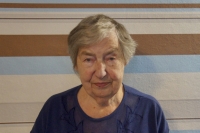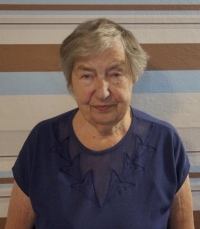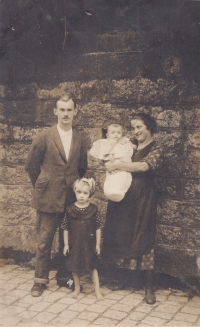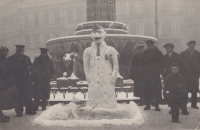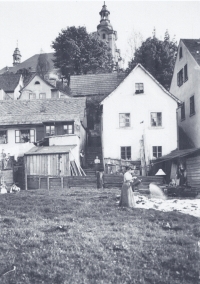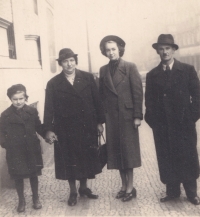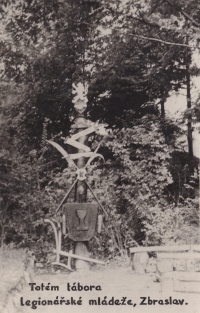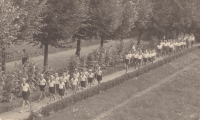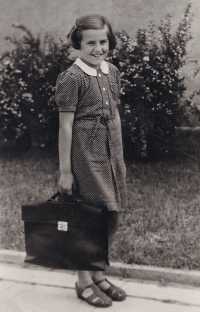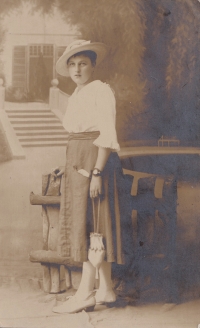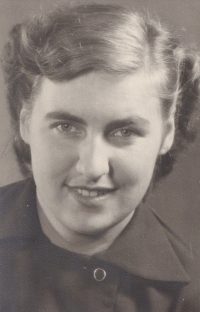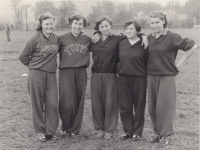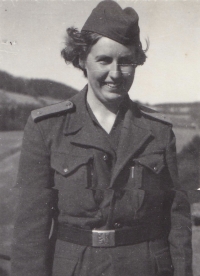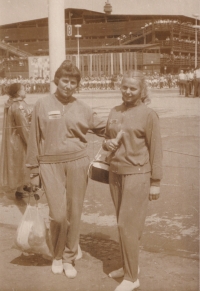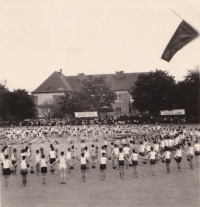Go home! My father didn‘t want me to see the burning of the Nazis.
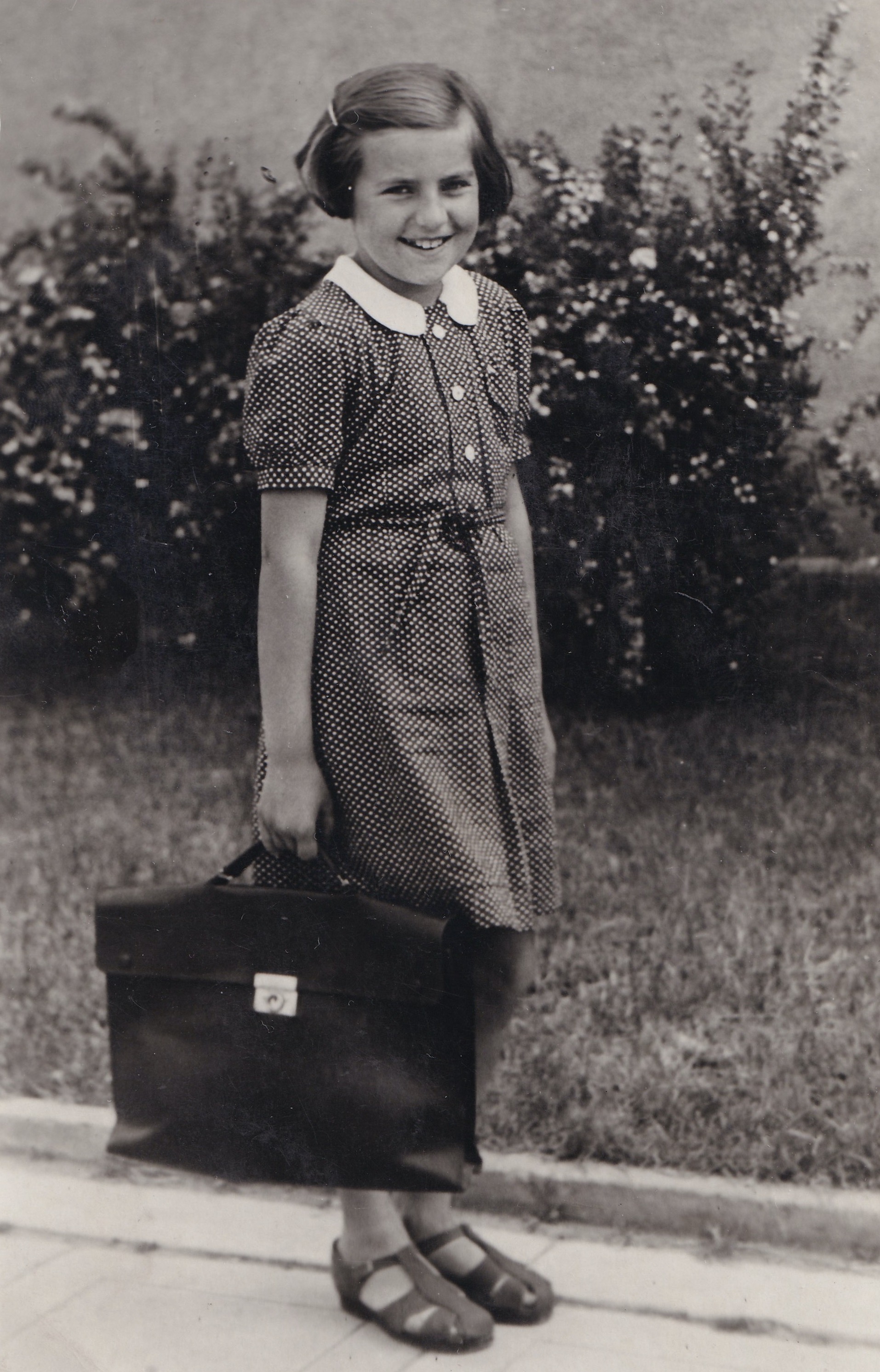
Stáhnout obrázek
Věra Pěničková, née Musilová, was born on July 5, 1931, in Liberec as the daughter of a Czechoslovak legionnaire from Italy. Her family lived here until 1938 when Germany annexed the border area. They then decided to move inland for security reasons. They lived through the war and its stormy conclusion in Prague near the Strahov Stadium. In June 1945, the Musil family returned to Liberec, and not long after that, the witness went to Nový Bydžov, where she trained to become a saleswoman. At that time, she became an active member of Sokol and prepared for the All-Sokol Gathering in 1948. In the early 1950s, she decided to devote herself fully to sports and applied to the prestigious Tyrš House. The athlete Dana Zátopková, in particular, helped the witness prepare for the entrance exams. After successfully passing the exams, Věra Pěničková started to teach the youth and rehearse Spartakiads. Later, the witness went back to Liberec, where her daughter Helena was born in 1954 and where she continued to devote herself to physical education. When she found out about the invasion of Warsaw Pact troops in Liberec on August 21, 1968, she went to scold one of the officers. She told him they had nothing to do here and that they should go away. She held anti-occupation positions even later, which caused her problems in her job - she could only work as an educator. Therefore, she accepted the fall of the communist regime with gratitude, joined the newly restored Sokol and became a trainer for older women. She actively trained until 2014. At the time of filming (2022), she lived in Liberec.
